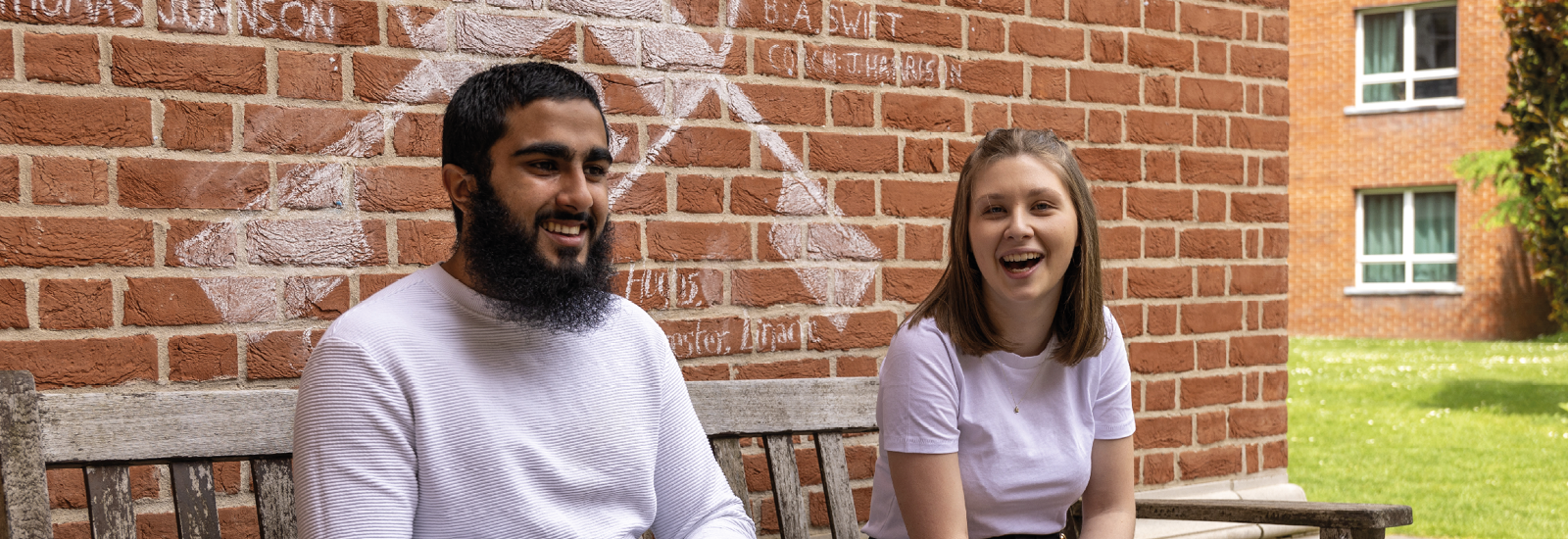
Two students sitting on a bench
Online Student Conference
We’re pleased to announce that the Oxford Student Conference will return in March 2026. This completely free online conference offers prospective students, teachers and supporters an opportunity to explore academic interests, engage with the Oxford community, and gain insights into studying at one of the world’s leading universities - all from wherever you are. Booking and event timetabling information will be released in the New Year.
Register your expression of interest below now and make sure you are the first to hear about what the Oxford Student Conference has on offer – event themes, speakers, dates and more…

Students walking through their college